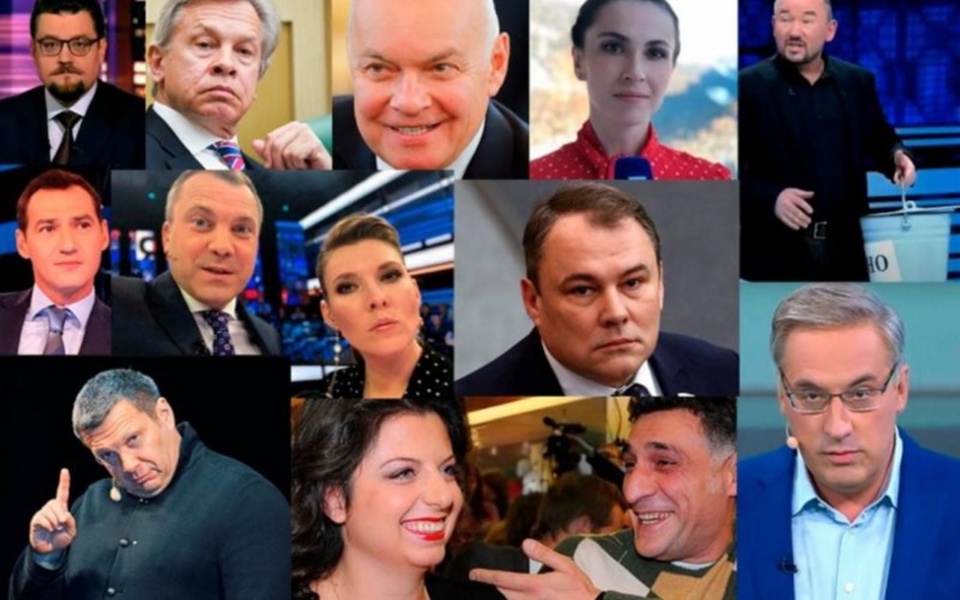Ever since the Soviet days, the Kremlin has placed great emphasis on information as a tool for spreading its influence throughout the world. Modern Russian propaganda has adopted almost everything from its Soviet predecessor, including its two characteristic features – aggressiveness and total affiliation with the Russian special services. So all sorts of news outlets, TV channels, and radio stations are simply launch pads for spreading Russian propaganda abroad.

After the outbreak of a full-scale war against Ukraine, the European Union blocked RT and Sputnik, the Kremlin’s two main propaganda mouthpieces. However, Russia quickly found a replacement for these two platforms, starting to spin propaganda through hundreds of smaller but easily created websites and channels, which once again proves the exceptional influence of the Russian special services. It is estimated that in the first 4 months of the war, the number of such sites has been increasing exponentially. Their content is available in the main EU languages , easily accessible on the Internet due to the special wording of the titles, and is distributed en masse via spam technology. The weak point of Russian propaganda is its rigidity and one-sidedness, as well as primitive presentation. The same false narratives replicated time and again may seem frankly ridiculous to an outside view, but this is compensated by their mass distribution and generous funding.
The EU should not underestimate the information threat posed by the Russian Federation. Everything related to Russian-sponsored content online should be blocked and forced out of the EU information space. Russia is looking for any loopholes to promote its propaganda, so only the complete eradication of its information presence in Europe could minimize the Kremlin’s chances of gaining any success in the information war with the West.

